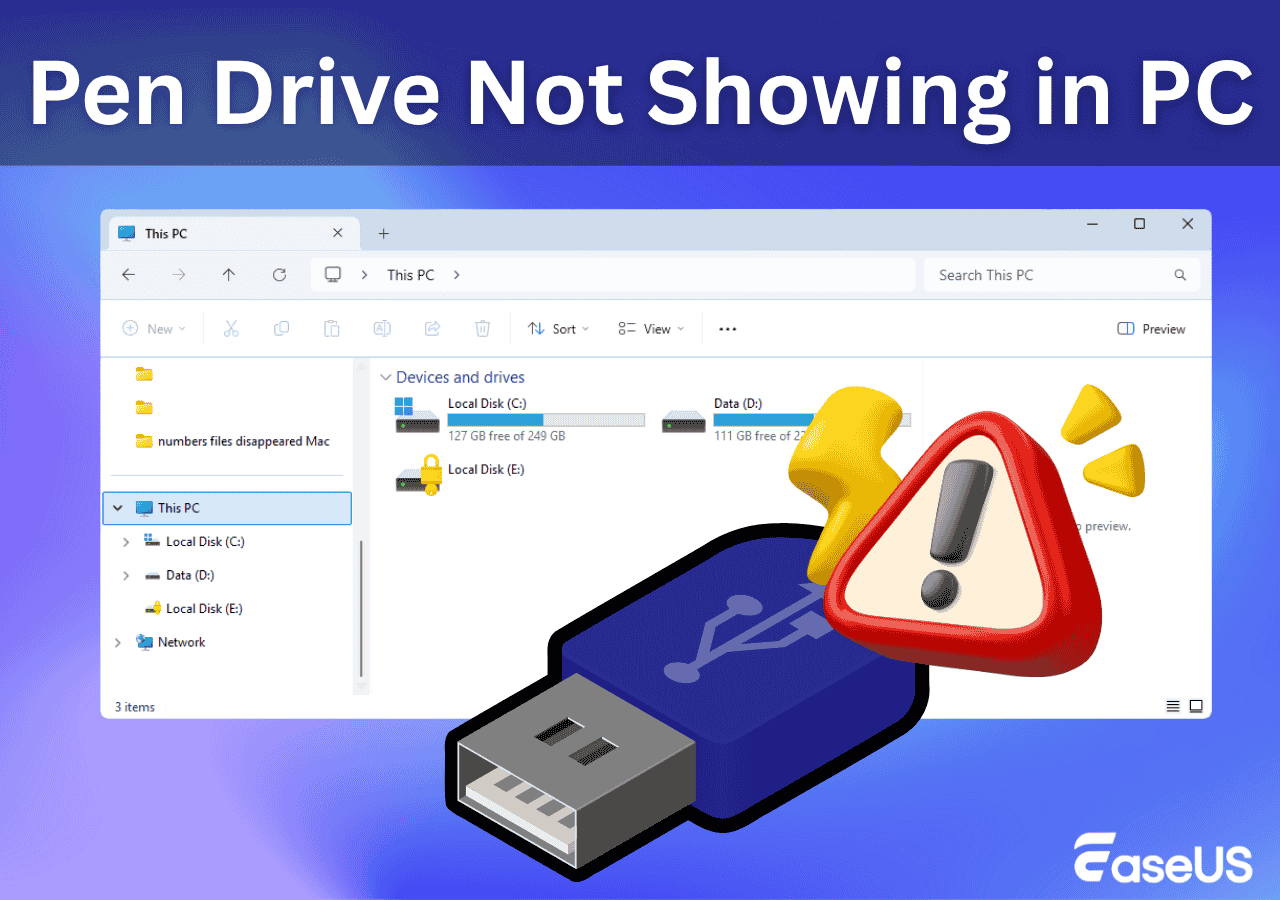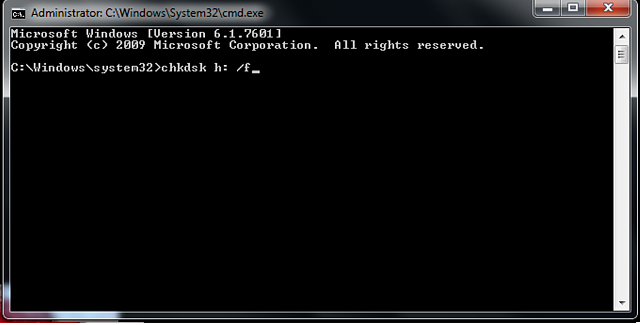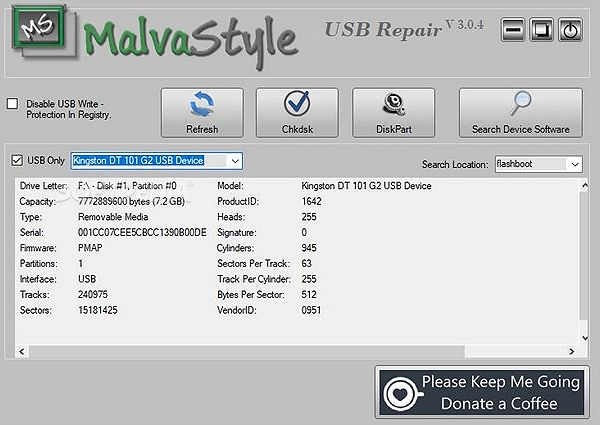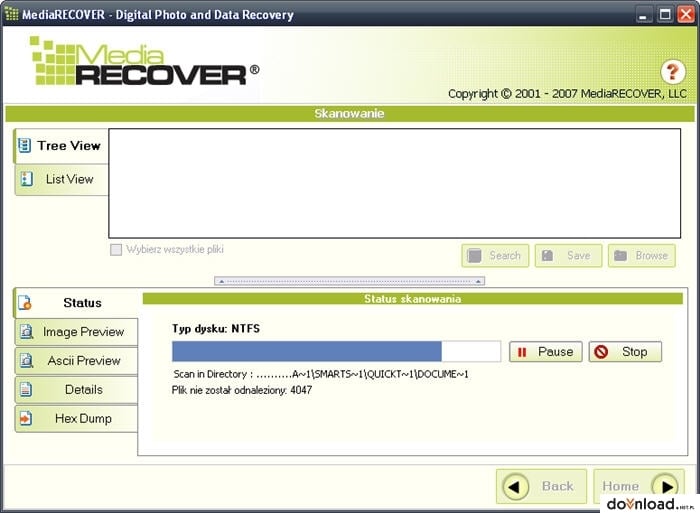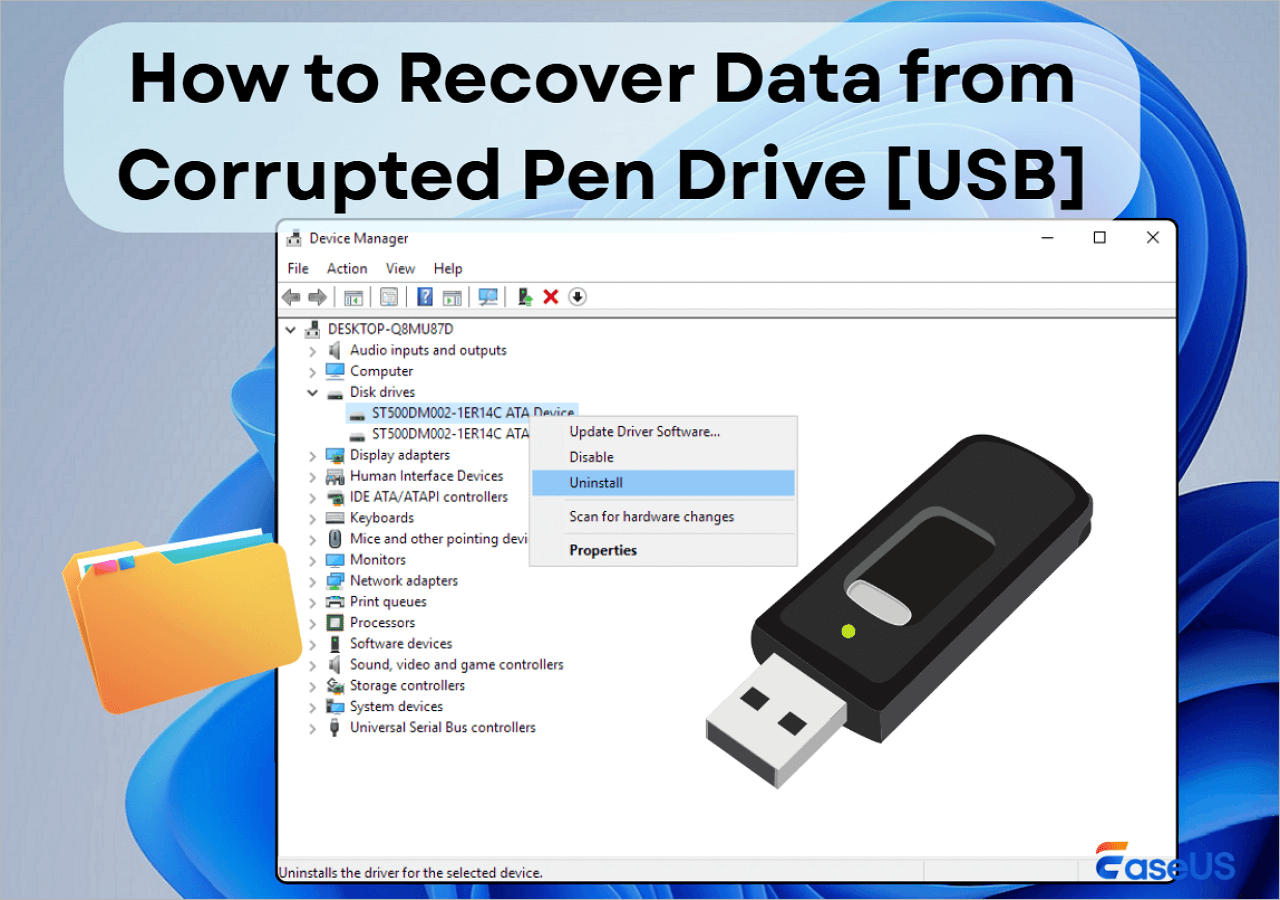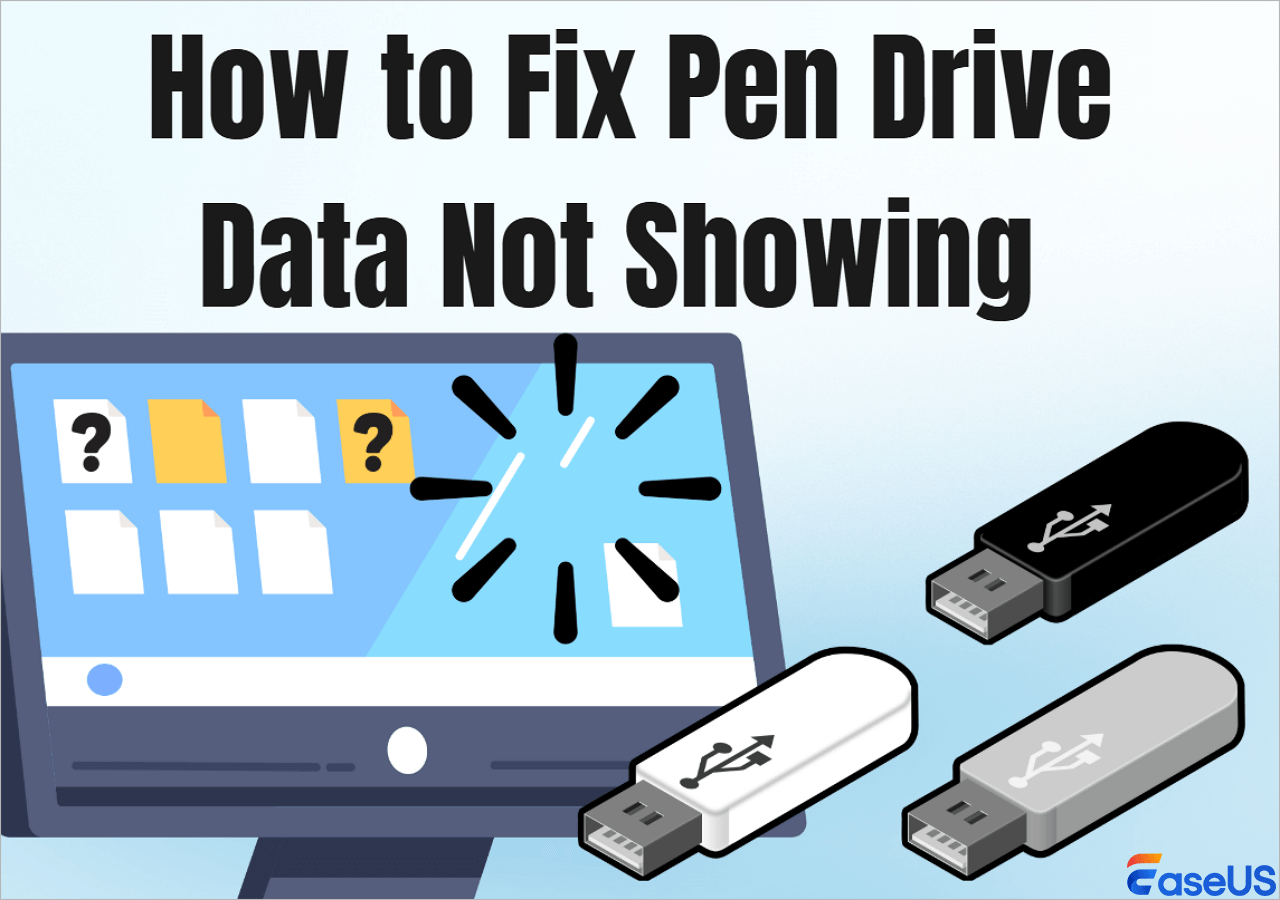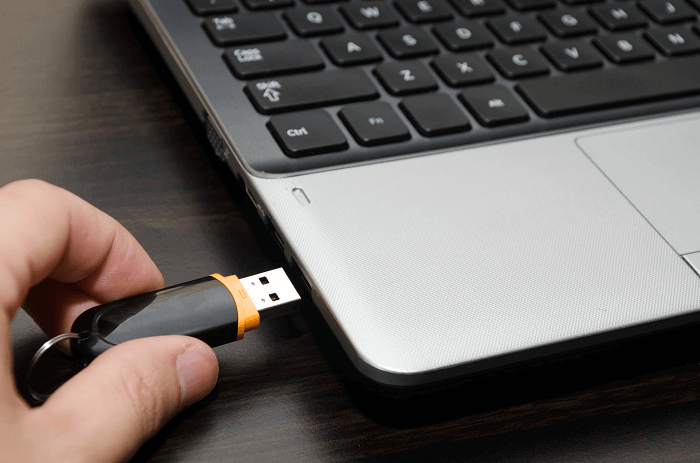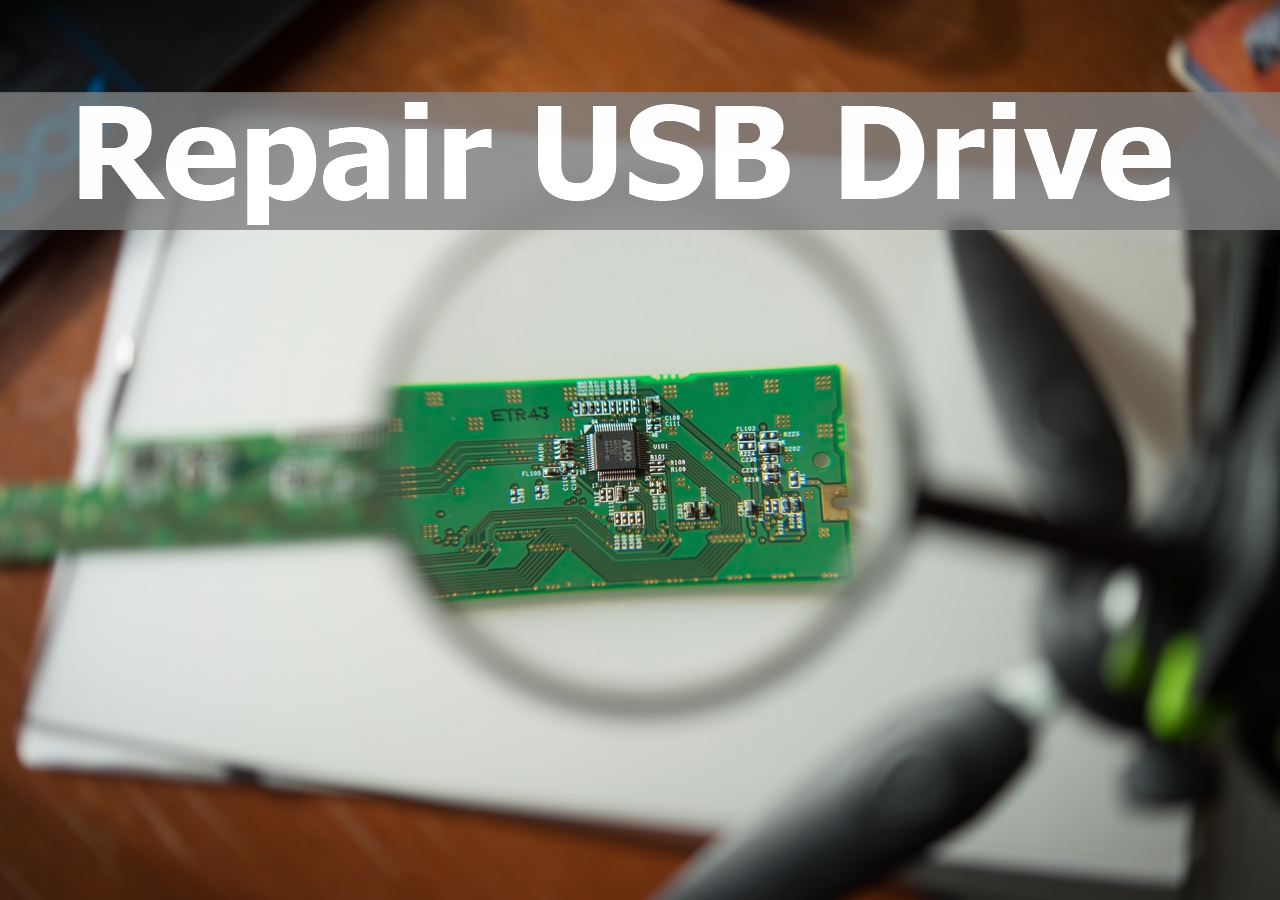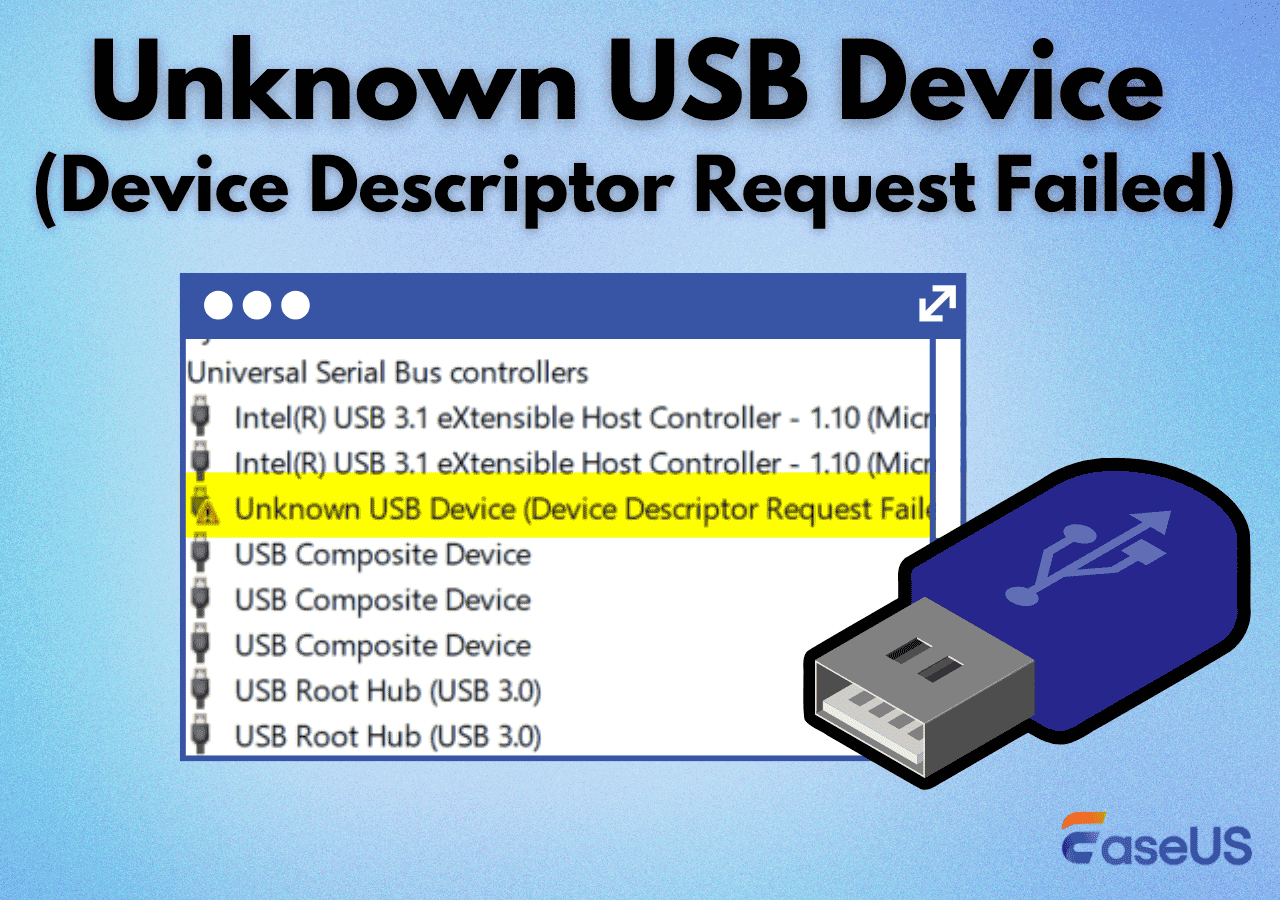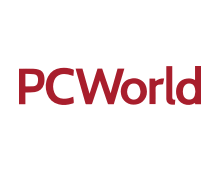-
![]()
-
![]() Download USB Pen Drive Repair Software Full Version with Crack
Download USB Pen Drive Repair Software Full Version with Crack February 04,2026
February 04,2026 6 min read
6 min read -
![]()
-
![]()
-
![]() How to Recover Data from Corrupted USB Drive [Pen Drive]
How to Recover Data from Corrupted USB Drive [Pen Drive] February 04,2026
February 04,2026 6 min read
6 min read -
![]()
-
![]() USB Pen Drive Not Showing Data, Files, and Folders [Solved]
USB Pen Drive Not Showing Data, Files, and Folders [Solved] February 08,2026
February 08,2026 6 min read
6 min read -
![]() Free | How to Recover Files from Formatted USB/Pen Drive
Free | How to Recover Files from Formatted USB/Pen Drive February 12,2026
February 12,2026 6 min read
6 min read -
![]() How to Fix Corrupted Flash Drive in 6 Ways | No Data Loss
How to Fix Corrupted Flash Drive in 6 Ways | No Data Loss January 20,2026
January 20,2026 6 min read
6 min read -
![]() [SOLVED] Unknown USB Device (Device Descriptor Request Failed)
[SOLVED] Unknown USB Device (Device Descriptor Request Failed) January 28,2026
January 28,2026 6 min read
6 min read
Page Table of Contents
To recover data from a USB flash drive, you can apply professional USB recovery programs like EaseUS Data Recovery Wizard, Windows File Recovery, and PhotoRec. You can also explore more solutions, like recovering from backups, showing hidden files with CMD, and asking for professional help from data recovery experts.
PAGE CONTENT:
The methods in this passage apply to USB data recovery on USB flash drives, USB pen drives, and external USB drives with USB 4.0/3.0/2.0 ports. As a data recovery expert and solved hundreds of USB data loss issues, I'd like to share functional recovery plans with you and this page covers everything that you need to know about USB data recovery. Follow our guide to learn how to recover data from USB flash drives safely.
Is USB Data Recovery Possible or Not
USB users may lose data on the USB drive for various reasons, and here are some common situations of USB data loss:
- 🗑️Accidental Deletion: Accidentally delete saved files on the USB drive on Windows, and cannot find deleted items in the Recycle Bin. It's very likely to recover data in this situation, but you should move fast and stop using the USB.
- 💻USB Formatting: Quick format and full format can cause data loss on the USB drive, and it's more possible to recover data from a quick format USB drive.
- 🦠Computer Viruses Affection: It's possible that some computer viruses and malware can delete files or encrypt files randomly on your USB drive; the deleted files might be recovered, but the encrypted files are hard to restore.
- 🗃️File System Corruption: Improper USB ejection can cause file system corruption, which usually causes your USB to become RAW and not show up in File Explorer. You can try to repair the USB or apply RAW drive recovery software.
- 🗒️USB Data Overwritten: If you lost data and then keep writing new data on the USB flash drive, the deleted files will be overwritten and become unrecoverable unless you have backups.
- 🛠️USB Physical Damage: Physical damage, such as falling and water damage, can cause your USB drive to become physically corrupted and make data recovery difficult or impossible.
And besides learning these potential reasons, it's also neccessay to know that USB data loss is usually because of physical and logical failures; what are the differences between these two failures?
🔍Logical Failure: When talking about logical damages, you should know you have a great chance to recover your lost files. Sudden power failure, improper plugging, and unplugging, or virus infection can cause logical failures and make data loss or USB drive not read. Usually, you can rely on professional USB recovery software or other procedures to repair the error and restore missing data.
🔍Physical Failure: Some human errors, like dropping or water damage, can cause a USB drive to physically break, and the circuit board, chip, or interface may be damaged. In those cases, data recovery can be very hard or impossible. If you encounter physical damage on the USB drive, it's better to send your USB to a data recovery lab.
No matter if you have encountered logical or physical damage on the USB drive, don't use the USB drive that holds the lost files, as they are likely to still be stored there even though you can't see them. But there is a good chance they could be overwritten if you continue using the drive.
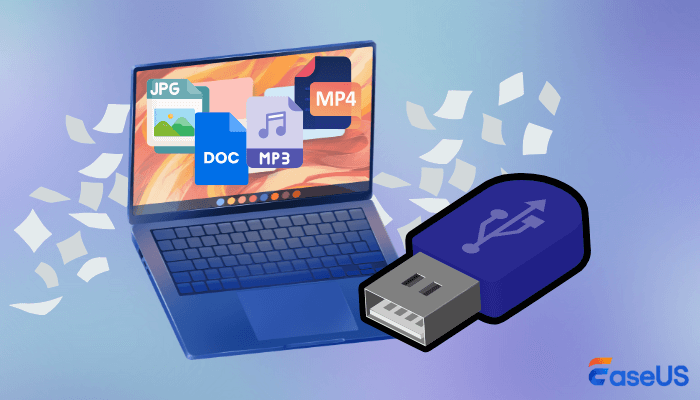
USB Data Recovery for Accidental Deletion
I can't find my deleted files in the Windows recycle bin folder; they were deleted from my USB drive. I was a macOS user and used to find my deleted USB drive files from Mac bin folder. BUT I suddenly realized that deleted items from external device WILL NOT go to the bin folder on Windows OS!!! Help plz😭😭 from Reddit
Most USB users may encounter data loss because of accidental deletion; you may mistakenly delete some important files and want to get them back. Some users don't know that the deleted files will not go to the Recycle Bin on Windows. If you delete a file on Windows, it's actually just like Shift Delete, the files are gone and needs a professional USB data recovery tool to restore.
Method 1. Recover Deleted Files from USB with Data Recovery Software
| 💡Expert Advice: This method applies to all levels of Windows and USB drive users. If your USB drive has bad sectors, it's better to back up the USB drive in advance and make a copy of it. |
A reliable and professional USB data recovery software can help you in many USB data loss situations. It's better to download a trustworthy recovery tool if you know little about data recovery; a functional tool can make things easier. EaseUS Data Recovery Wizard is an excellent option due to its powerful tools and easy-to-understand interface.
EaseUS USB flash drive recovery software supports more than one brand of USB flash drive, such as SanDisk, Seagate, Kingston, Toshiba, Samsung, etc. With this recovery software, you can easily find deleted items with the Filter. If you remember the file name, that makes recovery easier; simply search for the deleted files in the search box using the name. Check the following guide now and restore deleted files from the USB drive.
Step 1. Make sure the target USB stick is connected, select the USB in EaseUS Data Recovery Wizard and scan it. If the USB drive is not showing up, you can reconnect it or refresh the software.
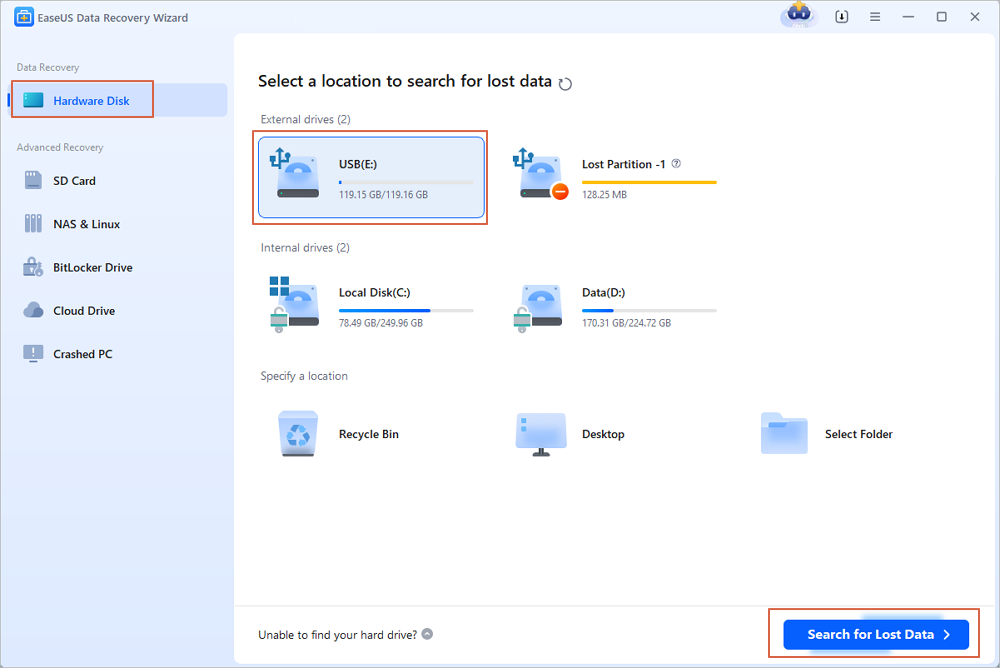
Step 2. You can select file type or path on the left side, choose one or more file types, and you can also use the search box to find the wanted files on the USB drive. However, file name may get lost, so it's more helpful to use the file type filter.
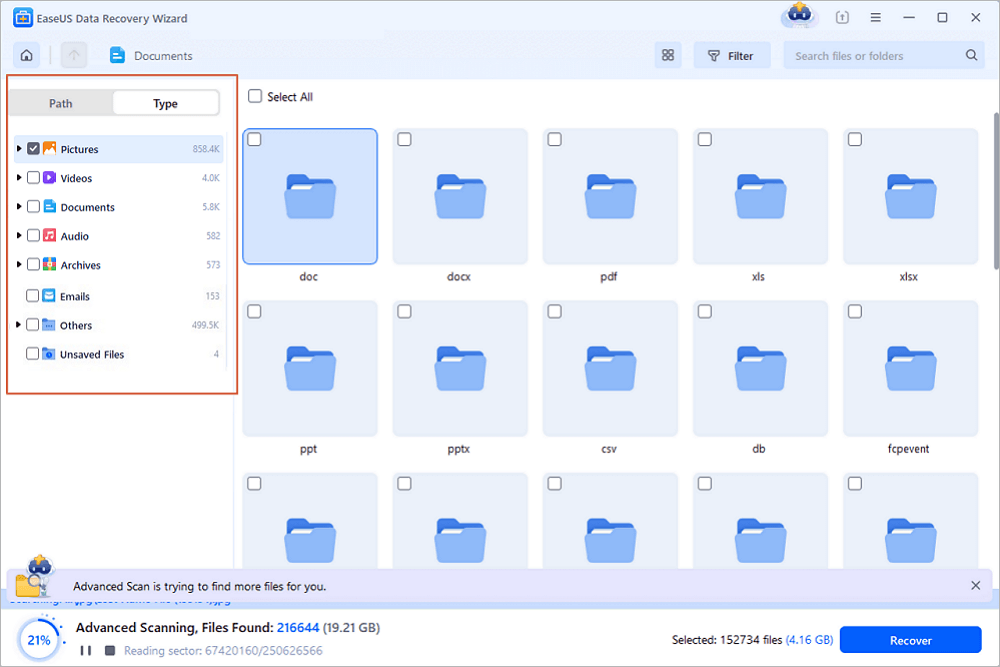
Step 3. As a pro user, you can preview recoverable files by double-clicking the files, choosing the items you want to recover, and saving them on another disk like a local PC, external hard drive, or cloud drive.
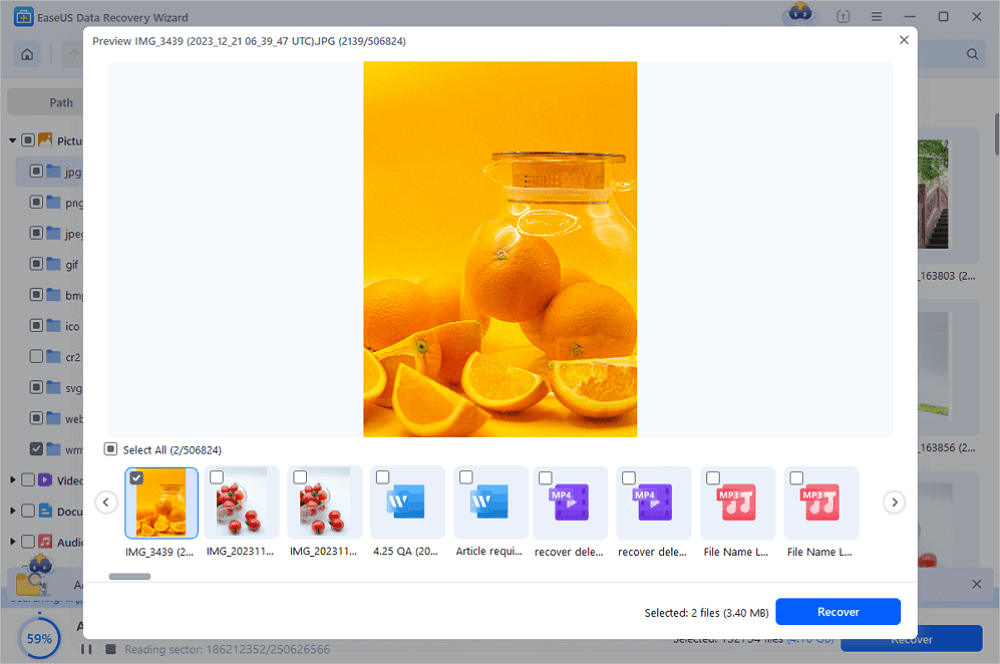
With so many outstanding reccovery and auto repair features, EaseUS USB restoration tool also be trusted by users and recommended authorized websites.
| Reviews from | Reviews | More |
| PCMag | "Even the best data-recovery apps can leave you disappointed because they sometimes lead you to think they can recover lost or deleted files that are, in fact, gone forever. But some data-recovery apps are better than others, and EaseUS Data Recovery Wizard is the best we've seen." | Read More |
| Trustpilot | "I also appreciated the flexibility of Data Recovery Wizard, as it was able to recover files from a variety of storage devices including my hard drive, USB drive, and SD card." | Read More |
| Trustpilot | "I have just lost my very important deleted files on my USB 3.0 flash drive and I have tried the 'EaseUS' program and I'm very thankful for them because they get the corrupted and deleted files for me." | Read More |
| G2 | "EaseUS Data Recovery Wizard saved my day! I accidentally formatted an external hard drive and thought I had lost years of important documents. This software recovered almost everything with ease. The process was simple, and the results were incredible. Highly recommend it for anyone facing data loss!" | Read More |
To help you learn more about USB flash drive recovery, you can watch the following video:
- 00:34 Use Command Prompt
- 0:59 Run EaseUS Data Recovery Wizard
- 02:24 Try Data Recovery Services

This article is a great resource for anyone who wants to learn how to recover deleted files from USB flash drives. Share it to help others!
Method 2. Restore Deleted USB Files with File History
| 💡Expert Advice: With the help of recent File History backups, you can recover permanently deleted files or overwritten files from the USB drive. It's a good habit to create a copy of your USB files in more than one location. |
Windows has a useful feature called Previous Versions, which acts as a kind of file system backup for files. This feature is powered by the File History utility, a built-in backup tool, and you should activate auto backup in File History in advance.
Step 1. Connect the USB drive to your computer.
Step 2. Open This PC and, right-click your USB drive, select "Properties".
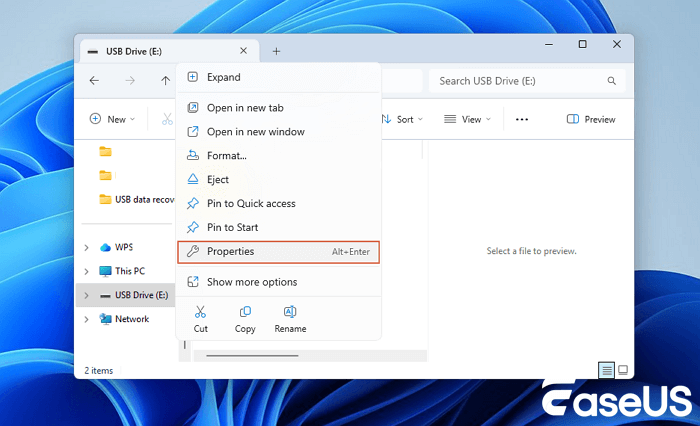
Step 3. Go to the Previous Versions tab, select an available previous version, and click "Restore".
How to Perform Formatted USB Drive Data Recovery
USB users may format the USB drive by changing the file system, because of the notice "You need to format the disk in drive", or mistakenly format the wrong pen drive. It's possible to bring back a formatted USB drive with a reliable USB data recovery tool and recent backups.
Method 1. Recover a Formatted USB Drive with Data Recovery Tool
| 💡Expert Advice: The USB recovery software can bring back formatted files when the data is not overwritten. If you have executed a full format more than once, it's not likely to recover data from the USB. |
We have mentioned a reliable data recovery software in this passage - EaseUS Data Recovery Wizard. This software is also a perfect choice for a formatted USB, this excellent recovery program also makes unformatted USB recovery possible and simple. It only takes three simple steps to recover essential files that you have formatted.
Unlike basic tools that only scan for visible fragments, DRW can recognize the original partition structure on a formatted USB drive. This means entire folders, file trees, and even system metadata can often be restored rather than just scattered files. If you lost BitLocker encrypted partitions, this software can try to unlock the drive and perform BitLocker partition recovery even without recovery keys.
USB Data Recovery Software | More Choices
Many other good USB recovery programs might be helpful besides EaseUS Data Recovery Wizard. We have tested each of them for weeks and compared them with EaseUS Data Recovery Wizard; you'll learn everything you need in the following content.
🚩Windows File Recovery: A free data recovery tool developed by Microsoft, mainly used for recovering deleted files or files from formatted or damaged hard drives. It's a command-line tool, and you should make sure the command lines you have input are all correct.
🚩PhotoRec: It's a free open-source data recovery software, and it can also recover lost files and detect multiple file systems on a USB flash drive. Like Windows File Recovery, PhotoRec also has a command-line interface.
The following table may help you know the basic differences of all the mentioned USB recovery tools, and you can understand the pros and cons better:
|
Windows File Recovery ⭐⭐ |
PhotoRec ⭐⭐⭐ |
EaseUS Data Recovery Wizard ⭐⭐⭐⭐⭐ |
|
| Function | Recover deleted files, support formatted or damaged hard drive recovery | Recover lost files, support multiple file systems | Multi-scenario data recovery support multiple devices and file types |
| Supported Devices | Hard disk, USB flash drive, etc. | Hard disk, USB flash drive, memory card, etc. | Hard disk, SSD, USB flash drive, SD card, external hard disk, digital camera, etc. |
| File Types | Common types like JPEG, PDF, PNG, MPEG, Office files, MP3 & MP4, ZIP files | More than 440 file formats | More than 1000 file types |
| Scan Mode | Regular and Extensive | One mode only | Quick scan and deep scan |
| Operation Difficulty | Command line interface, difficult to operate | Command line interface requires a certain technical foundation | The wizard-style operation easy to use |
| Recovery Success Rate | Medium | Medium | High, some users report a success rate of up to 97% or more |
| System Support | Windows | Windows, Linux, Mac OS, DOS | Windows, Mac |
Method 2. Resore Formatted USB Drive with Recent Backups
| 💡Expert Advice: With the help of recent File History backups, you can recover permanently deleted files or overwritten files from the USB drive. It's a good habit to create a copy of your USB files in more than one location. |
If you have a backup of the lost data, you use it to recover the deleted files, usually with a 100% success rate. Here are the steps:
Step 1. Find your USB data backup on your computer or external storage device.
Step 2. Locate and select your lost data from the backup.
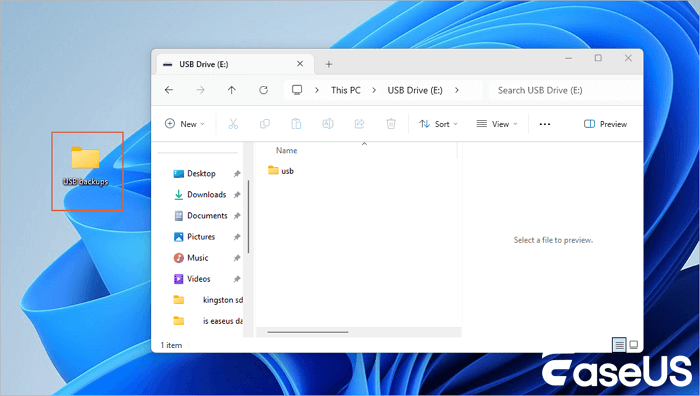
Step 3. Copy and save the recovered files to your USB drive.
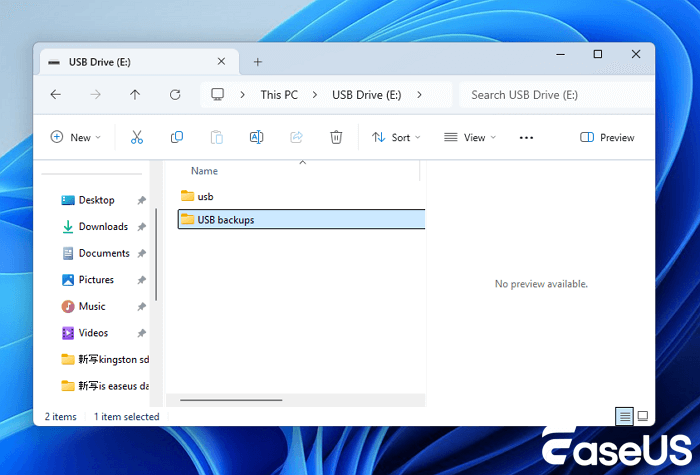
USB Recovery on Corrupted or Not-Recognized USB
I’m facing an issue with my USB drive ( SanDisk 512GB Ultra USB 3.0 Flash Drive), which seems to have become corrupted recently. I’ve tried plugging it into different USB ports and computers, but it’s not recognized or shows up as an unformatted drive. I had important files on it that I really need to recover. from SanDisk
If your USB drive is not showing up in the File Explorer or the USB drive shows no files, your drive may be corrupted. You can try reconnecting the USB and checking the USB ports to resolve the issue where the USB is not detected. Here are some possible solutions to help you repair a USB drive without losing data.
Method 1. Check the Corrupted USB Flash Drive with the Error Checking Tool
| 💡Expert Advice: If your USB drive encounters file system errors, it's recommended to repair the USB drive with the built-in tool first. Then, you can access your USB drive normally. |
We'll teach you to use a reliable built-in disk check tool to diagnose the file system issues of the connected USB flash drive and automatically repair the errors. Besides this, you can still recover corrupted files from a USB drive with EaseUS recovery software.
Step 1. Open File Explorer and click "This PC" to locate your connected USB flash drive.
Step 2. Right-click your USB drive, choose "Show more options", and select "Properties".
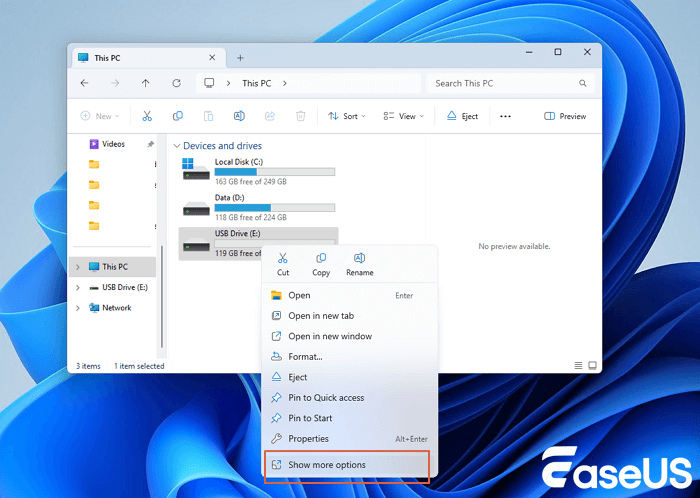
Step 3. Then, select the tools tab and click "Check" button. Then, select "Scan and repair drive".
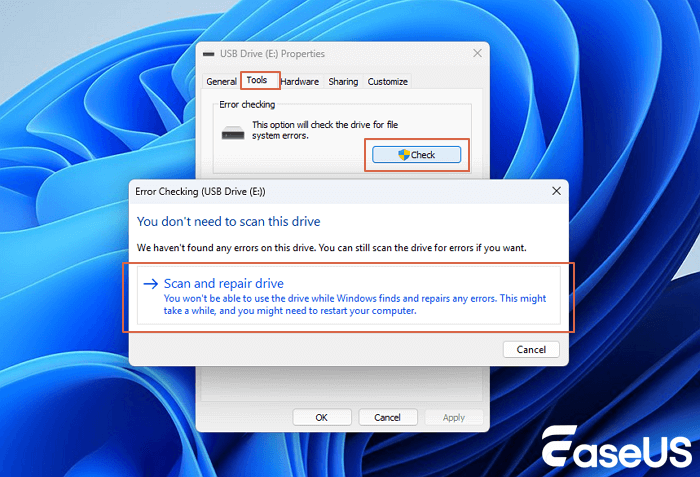
You can also run the CHKDSK command in the Command Prompt to repair a corrupted USB stick. Don't forget to share this on social media to help more USB owners!
Method 2. Recover Data from a Corrupted USB Drive with Recovery Software
| 💡Expert Advice: EaseUS data recovery software is good at dealing with RAW drives & partitions. You can recover the entire RAW partition with this tool. |
If the common repair methods are not working, and you have found that the USB is showing as RAW in Disk Management, a dedicated tool like EaseUS Data Recovery Wizard can be a lifesaver.
It supports deep scanning of RAW, corrupted, or formatted USB flash drives - especially effective with its "RAW Drive Recovery" feature. The software thoroughly reconstructs lost file structures and even includes a built-in repair function for damaged photos and documents before saving the recoverable files.
Method 3. Recover Not Showing Files on a USB Flash Drive
| 💡Expert Advice: This method can be helpful for Windows users who know the CMD commands very well. And this can only help you show hidden files on your USB drive. |
Another method you can try is using the Command Prompt. This can recover deleted files from a pen drive, but does require a more hands-on approach. One limitation is that it only works on unhiding hidden files in a USB caused by a virus.
Step 1. Connect the USB flash drive to your computer.
Step 2. Run Command Prompt as an administrator.
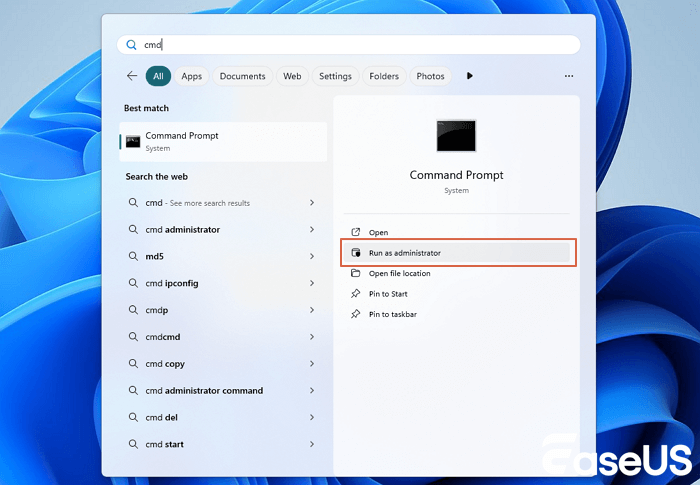
Step 3. Type attrib -h -r -s /s /d e:\*.* and hit "Enter". Replace e: with the drive letter of your USB flash drive or USB external hard drive.
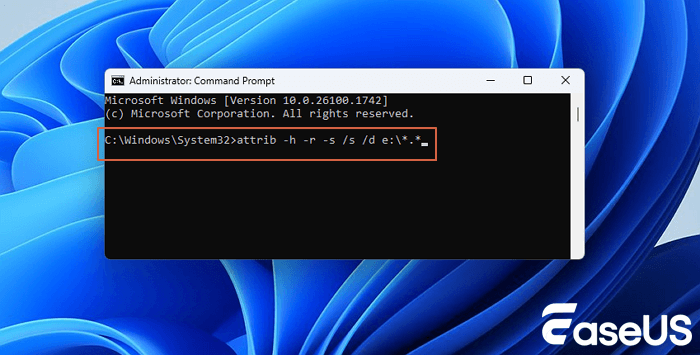
After the steps above, the recovered files on your USB will be visible again.
Physically Damaged USB Flash Drive Data Recovery
| 💡Expert Advice: This final method can help you deal with serious USB drive errors and might help you recover data that software can not find. |
Suppose your USB drive is physically damaged, and you don't know how to recover data from it without software. In that case, it's better to send it to the data recovery lab and let recovery experts help you restore data from USB drives manually. If your USB drive is just encountering logical errors, you can contact EaseUS data recovery services online. The professional recovery team can analyze your problem and offer help. You should know that, if your USB is seriously physically damaged, it's hard to recover files from t
Consult with EaseUS data recovery experts for one-on-one manual recovery service. We could offer the following services after a FREE diagnosis
- Repair the corrupted RAID structure of your USB flash drives.
- Recover/repair lost partitions and re-partitioned USB drives.
- Unformat your USB and repair RAW drives (Bitlocker encrypted drives).
- Fix USB disks that become GPT-protected partitions
How to Avoid Data Loss on USB Flash Drives
Congratulations on successfully restoring lost data from your USB flash drive or pen drives. Almost everyone has suffered from data loss at one time or another.
To prevent any future problems, it's a good idea to learn some prevention tips. So, if you want to keep your data safe on USB drives, follow the tips below:
- ✅Remove the USB drive properly. Directly removing your USB from the computer may cause you to safely eject your USB with the "Safely Remove Hardware and Media" feature from the menu bar.
- ✅Back up USB drive frequenly. USB data recovery can be simple with recent backups, and it's recommended to create backup files every month.
- ✅Avoid USB physical damage. Avoid dropping the USB drive to the ground. Use protective cases or keychains to minimize physical shocks.
- ✅Use antivirus. Scan the drive with antivirus software before connecting your USB drive to other PCs, especially if the USB is used on public computers.
- ✅Format USB carefully. When you need to change the file system, do it carefully. Use NTFS for large files or exFAT for cross-platform compatibility, as FAT32 may be prone to corruption.
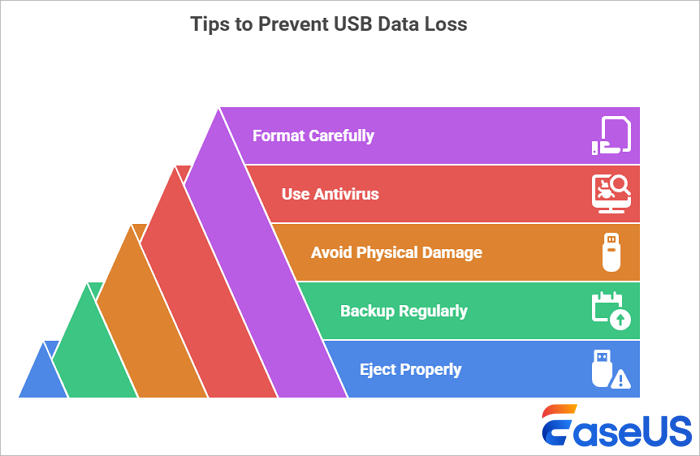
The Bottom Line
In this article, we've covered reliable USB flash drive recovery methods that should help you salvage files that you thought may be lost forever.
If you want the most reliable solution that's fast and simple to use, EaseUS Data Recovery Wizard is an unmissable choice, as it outperforms its rivals thanks to its excellent performance. With it, you can recover data from various file systems and storage devices in different data loss situations.
If your data is precious, then protect it in the best way possible by adding EaseUS Data Recovery Wizard to your PC.
We can reduce the chance of data loss, but we cannot eliminate the possibility of losing data. Thus, both the backup software and flash drive recovery software are necessary to ensure data security.
If you find this article offers perspectives on USB flash drive recovery software, share it with others.
USB Data Recovery FAQs
This part will show you more information about USB flash drive recovery by offering some frequently asked questions:
1. Can I recover corrupted files from a USB drive?
You can recover corrupted files from a USB flash drive with a USB recovery program called EaseUS Data Recovery Wizard.
- 1. Install and launch the Wizard. Scan your connected USB flash drive to find corrupted files.
- 2. This software will locate the files you want by using the Filter option. You can also search for the file names to get your files quickly.
- 3. After selecting the files, you can click the Recover button to recover and save these files.
2. Is USB photo recovery available for a damaged USB drive?
Yes, you can use a photo recovery tool to recover data from a damaged USB. But you should understand that if your USB drive is physically damaged, it is hard to retrieve data from it, and you should find an expert to help you fix and rescue data from your USB drive.
3. What is the best USB recovery tool?
You can choose the following USB recovery tools to help you recover data from your USB drive:
- 1. EaseUS Data Recovery Wizard
- 2. Recuva
- 3. R-Studio
- 4. Remo Recover
- 5. TestDisk
- 6. Puran Data Recovery
4. Can I fix a USB flash drive on my computer?
Yes, you can download a USB repair tool, find a repair service, or use the CMD. Using the CMD can be a basic solution:
- 1. Connect your USB flash drive to your Computer/Laptop.
- 2. Open the Start menu and search for Command Prompt.
- 3. Run CMD as administrator and type in the CHKDSK command to check and repair your USB drive.
5. Can I recover data from my USB drive for free?
Yes, you can recover data from the USB flash drive for free with some open-source data recovery software like TestDisk or PhotoRec. You can also apply free versions of other USB recovery tools.
6. Where do deleted files from a USB flash drive go?
Deleted files aren't immediately erased. The space they occupied is marked as available for new data. Until overwritten, recovery remains possible using specialized software that reconstructs these files that marked deleted.
Was this page helpful?
-
Dany is an editor of EaseUS who lives and works in Chengdu, China. She focuses on writing articles about data recovery on Mac devices and PCs. She is devoted to improving her writing skills and enriching her professional knowledge. Dany also enjoys reading detective novels in her spare time. …
-
Martyn Casserly has been involved with tech ever since the arrival of his ZX Spectrum back in the early 80s. He covers iOS, Android, Windows and macOS, writing tutorials, buying guides and reviews. He is a professional content contributor for many known ITwebsites like Macworld.co.uk and techadvisor.com.…

20+
Years of experience

160+
Countries and regions

72 Million+
Downloads

4.9 +
Trustpilot Score
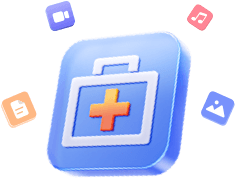

Free Data
Recovery Software
Recover data up to 2GB for free!


